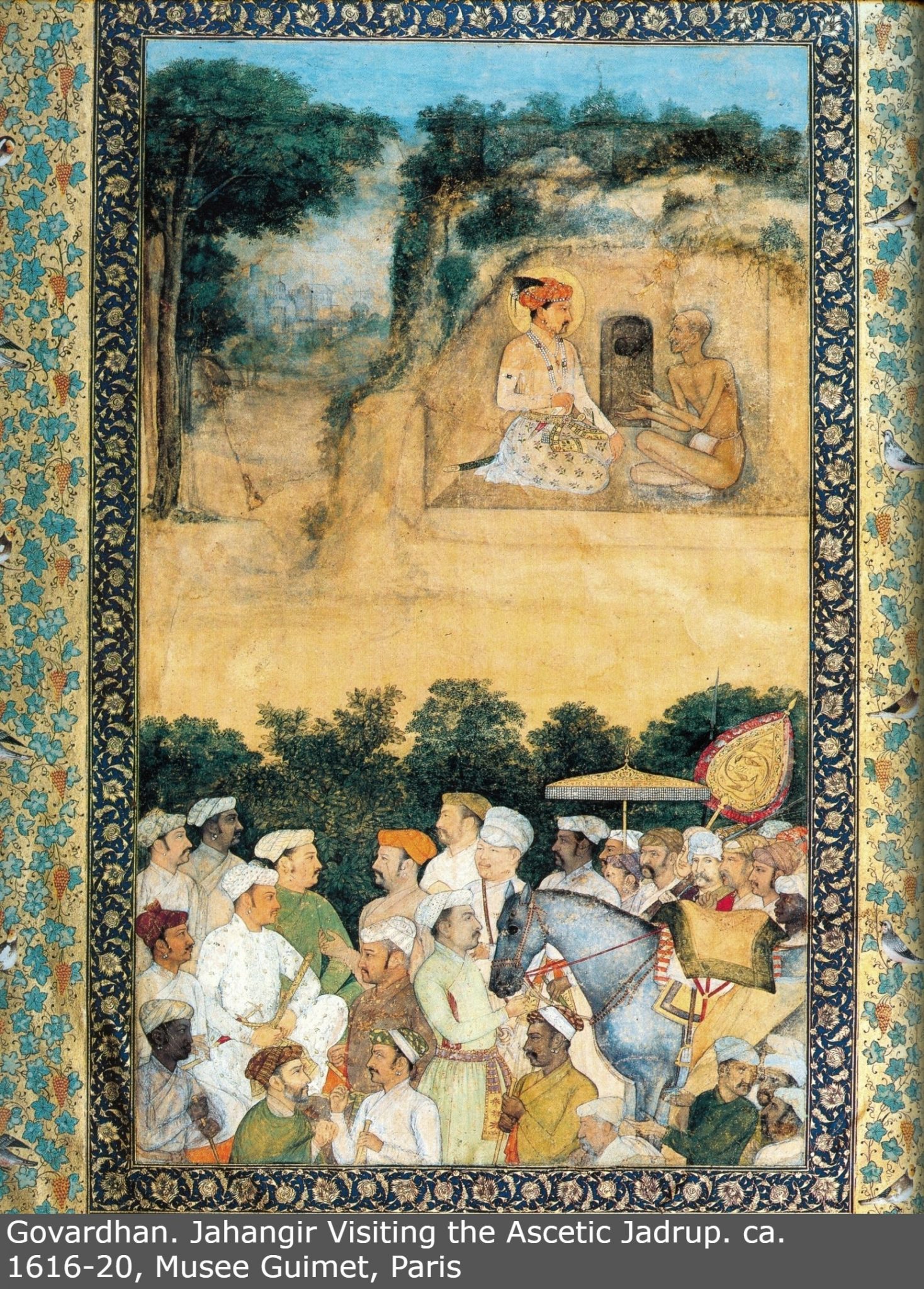Political Thought in Medieval and Early-Modern Iran: Islamic or Persianate?
Political Thought in Medieval and Early-Modern Iran: Islamic or Persianate?
Chair: Professor Charles Melville, BIPS President
After defining what can be meant by ‘political thought’ in the context of medieval and early modern Iran, various sources suggested by alternative definitions are discussed. The central argument for a paradigm change in our thinking about the issue is then put forward. The proposed new paradigm downgrades the relevance of Islamic jurisprudence and identifies new elements within Islam that are more pertinent and can be described as Persianate. This paves the way for discarding the notion of ‘Islamic political thought’ and replacement by ‘Persianate political thought.’ Finally, the official political thought or ideology of the political regimes of medieval and early modern Iran are contrasted with the undercurrents of dissident political thought as reflected variously in high and popular literature.
About the speaker:
 Saïd Amir Arjomand (Ph.D, University of Chicago, 1980) was Distinguished Service Professor of Sociology at the State University of New York at Stony Brook until his retirement in 2020, and served as Director of the Stony Brook Institute for Global Studies (2008-17). He is the founder and Past-President of the Association for the Study of Persianate Societies, and Editor of its organ, Journal of Persianate Studies. He has published extensively in the humanities and social science journals, and is the author of several books including The Shadow of God and the Hidden Imam: Religion, Political Organization and Societal Change in Shi’ite Iran from the Beginning to 1890 (1984; new ed., 2010), The Turban for the Crown. The Islamic Revolution in Iran (1988), After Khomeini. Iran under his Successors (2009), The Rule of Law, Islam and Constitutional Politics in Egypt and Iran, (with Nathan J. Brown, 2013), Social Theory and Regional Studies in the Global Age (2014), Sociology of Shi`ite Islam. Collected Essays (2016), and Revolution: Structure and Meaning in World History (2019). He has been the Senior Research Associate of the Multiple Secularities Project (KGF) of the University of Leipzig since 2018.
Saïd Amir Arjomand (Ph.D, University of Chicago, 1980) was Distinguished Service Professor of Sociology at the State University of New York at Stony Brook until his retirement in 2020, and served as Director of the Stony Brook Institute for Global Studies (2008-17). He is the founder and Past-President of the Association for the Study of Persianate Societies, and Editor of its organ, Journal of Persianate Studies. He has published extensively in the humanities and social science journals, and is the author of several books including The Shadow of God and the Hidden Imam: Religion, Political Organization and Societal Change in Shi’ite Iran from the Beginning to 1890 (1984; new ed., 2010), The Turban for the Crown. The Islamic Revolution in Iran (1988), After Khomeini. Iran under his Successors (2009), The Rule of Law, Islam and Constitutional Politics in Egypt and Iran, (with Nathan J. Brown, 2013), Social Theory and Regional Studies in the Global Age (2014), Sociology of Shi`ite Islam. Collected Essays (2016), and Revolution: Structure and Meaning in World History (2019). He has been the Senior Research Associate of the Multiple Secularities Project (KGF) of the University of Leipzig since 2018.
Watch the video on our YouTube channel.
